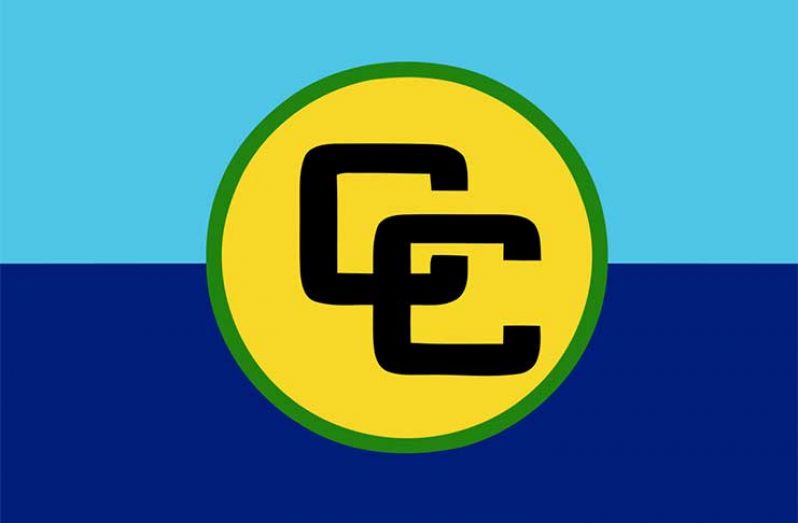HEADS of Government of the Caribbean Community (CARICOM) have agreed that action should be taken at the national level to review marijuana’s current status with the view of reclassification, but at their own pace.
During their 39th Regular Conference in Montego Bay, Jamaica, the CARICOM Heads of Government reviewed the Report of the Regional Commission on Marijuana and took note of its findings, conclusions and recommendations in particular with respect to human and religious rights; the social and developmental impacts of use among adolescents; the economic benefits to be derived and issues related to its classification. Among the recommendations was the call for the decriminalisation of marijuana but in regulated amounts.
Addressing journalists at the close of the three-day summit at the Montego Bay Convention Centre on Friday, Chairman of CARICOM and Prime Minister of Jamaica Andrew Holness said the regional leaders admitted that the current classification of marijuana as an illicit drug prevents a challenge in the conduct of research to fully understand and ascertain the medicinal benefits of the cannabis.
He said it was on that note that the 15 Heads of Government agreed action is necessary at the national level by the relevant authorities to review the current status of marijuana with a view to reclassification.
“We also agreed that each member state, in accordance with its own circumstances, would determine its own pathway to pursue the law reforms necessary as proposed by the Regional Marijuana Commission,” Prime Minister Holness disclosed.
The commission, led by Professor Rose-Marie Belle Antoine, comprised of experts from a range of disciplines within region.
Already, Guyana has indicated its willingness to remove custodial sentences for the possession of small amounts of marijuana.
Though issue of the decriminalisation of marijuana has not been finally settled at the level of Cabinet, President David Granger hinted that amendments are likely to be made to the Narcotic Drugs and Psychotropic Substance Control Act to allow for the removal of jail time for the possession of small amounts of marijuana.
“We are moving towards the removal of custodial sentences for the possession of small amounts of marijuana,” he told Guyana Chronicle.
However, the Guyanese President made it clear that his Government will not be pushing for the industrialisation of marijuana production.
“We are not moving towards encouraging the industrialisation of marijuana production. I think that is a little premature in the context of Guyana, and we have vast landscape in comparison with some of the Caribbean Island states, we have challenges for enforcement and challenges for control of that land space, and it will be very difficult for Guyana to embark on that course at the present time. So we are moving towards the removal of the custodial sentences, we are not moving towards the encouragement of the use of marijuana,” President Granger explained.
Over the years, several persons have been placed behind bars for having small amounts of marijuana in their possession– a move which has been frowned upon, given the overcrowding of the country’s prisons. Once found in possession of more than five grams of cannabis, a person can be sentenced to three years in jail.
The President’s announcement on Thursday is consistent with calls made by the Alliance For Change (AFC). The party, which forms a major part of the coalition government, said it is time legislators move with alacrity to upgrade the laws of Guyana to ensure custodial sentences for small quantities of marijuana are removed from the books in their entirety.
“Custodial sentences serve, in large measure, to criminalise young people, particularly young men who have been caught with small quantities of marijuana – an offence which is a mere error in judgment and not representative of criminal behaviour,” the AFC said earlier this year.
AFC Member of Parliament, Michael Carrington, since 2015 had tabled a bill in the National Assembly for debate but it has since been languishing on the order paper, being deferred time and time again. The Guyanese Rastafarian Council is also advocating for marijuana-related laws to be reformed, contending that the Rastafarian community uses the herb for religious and meditative purposes.











